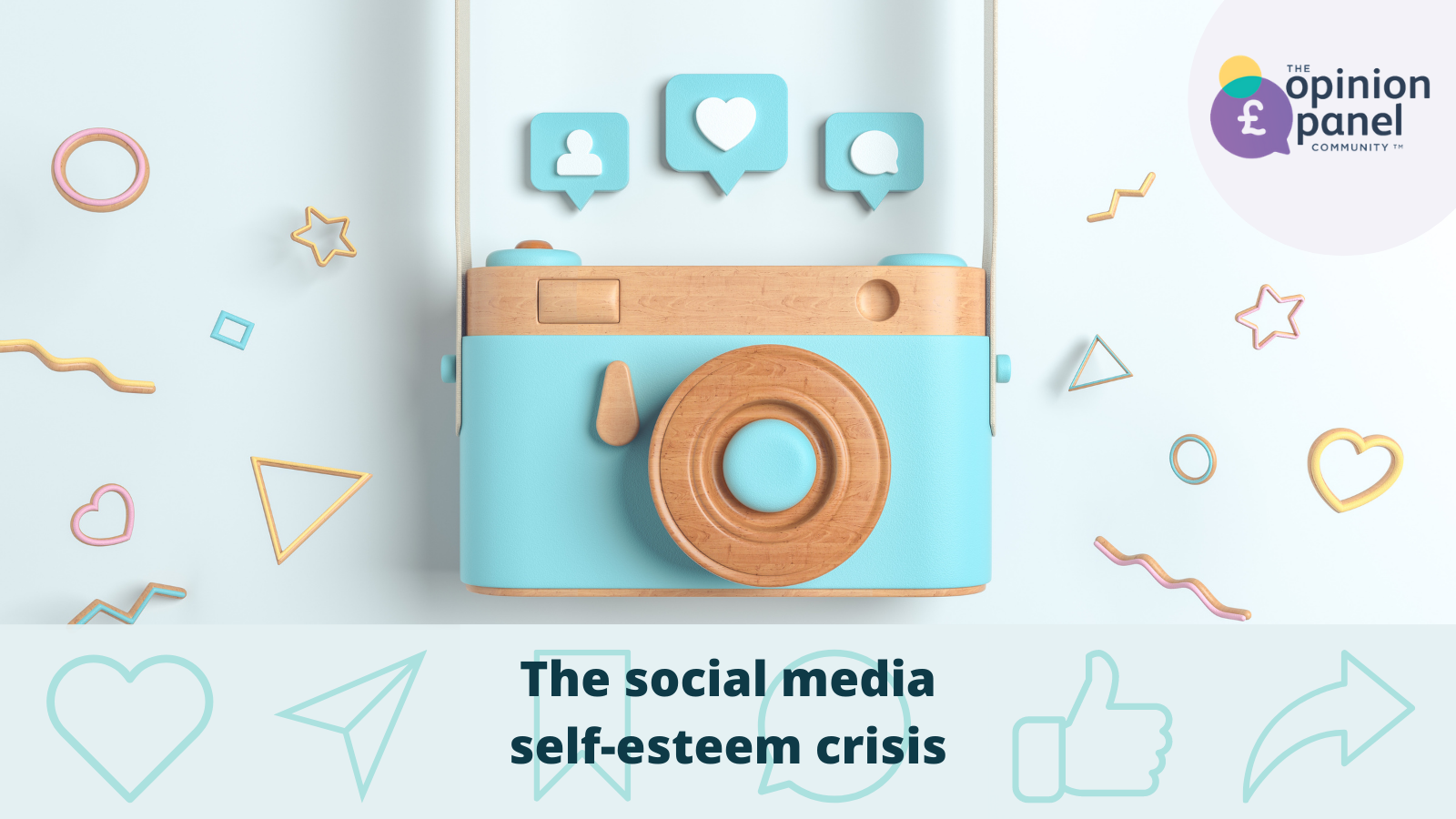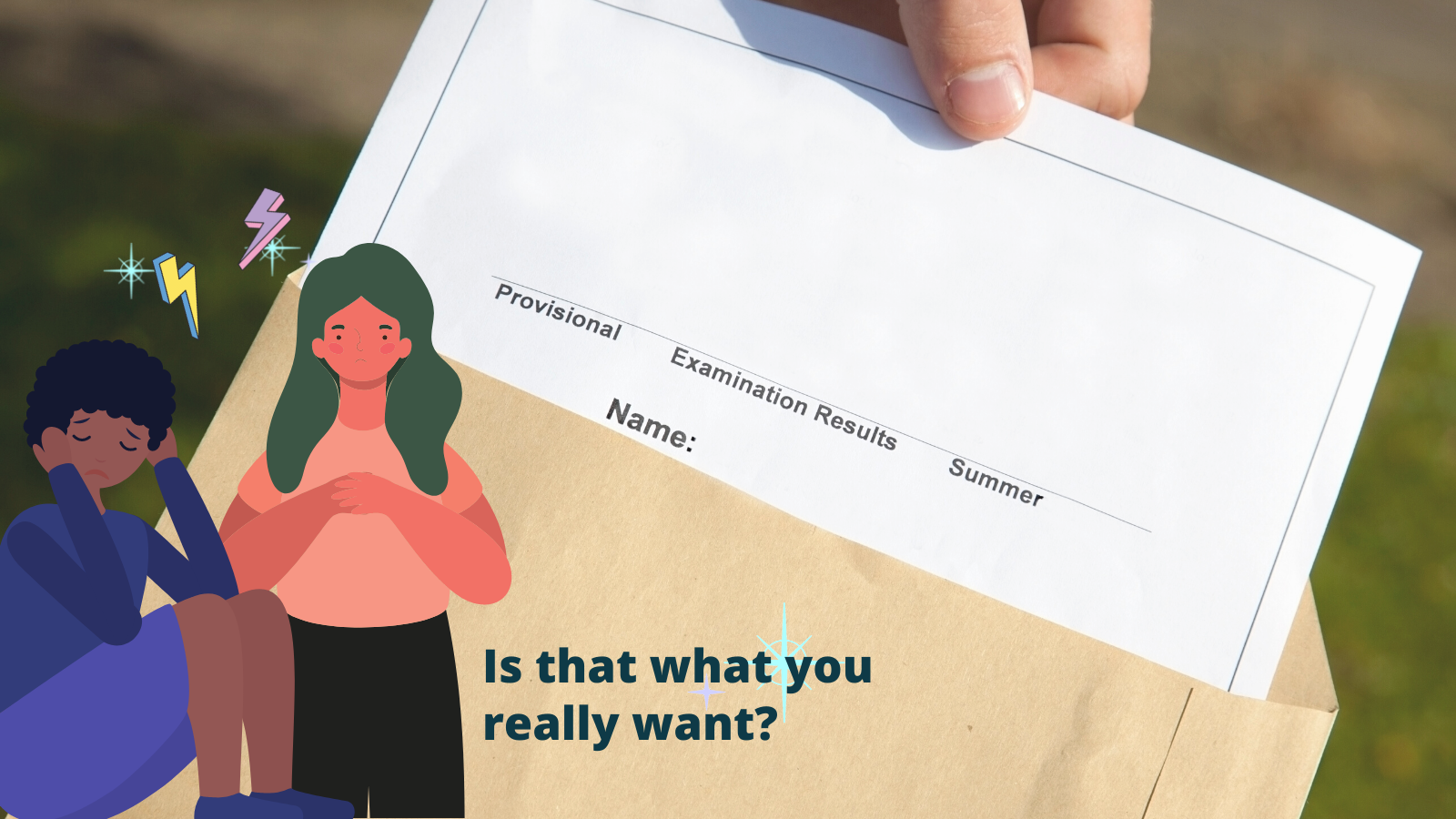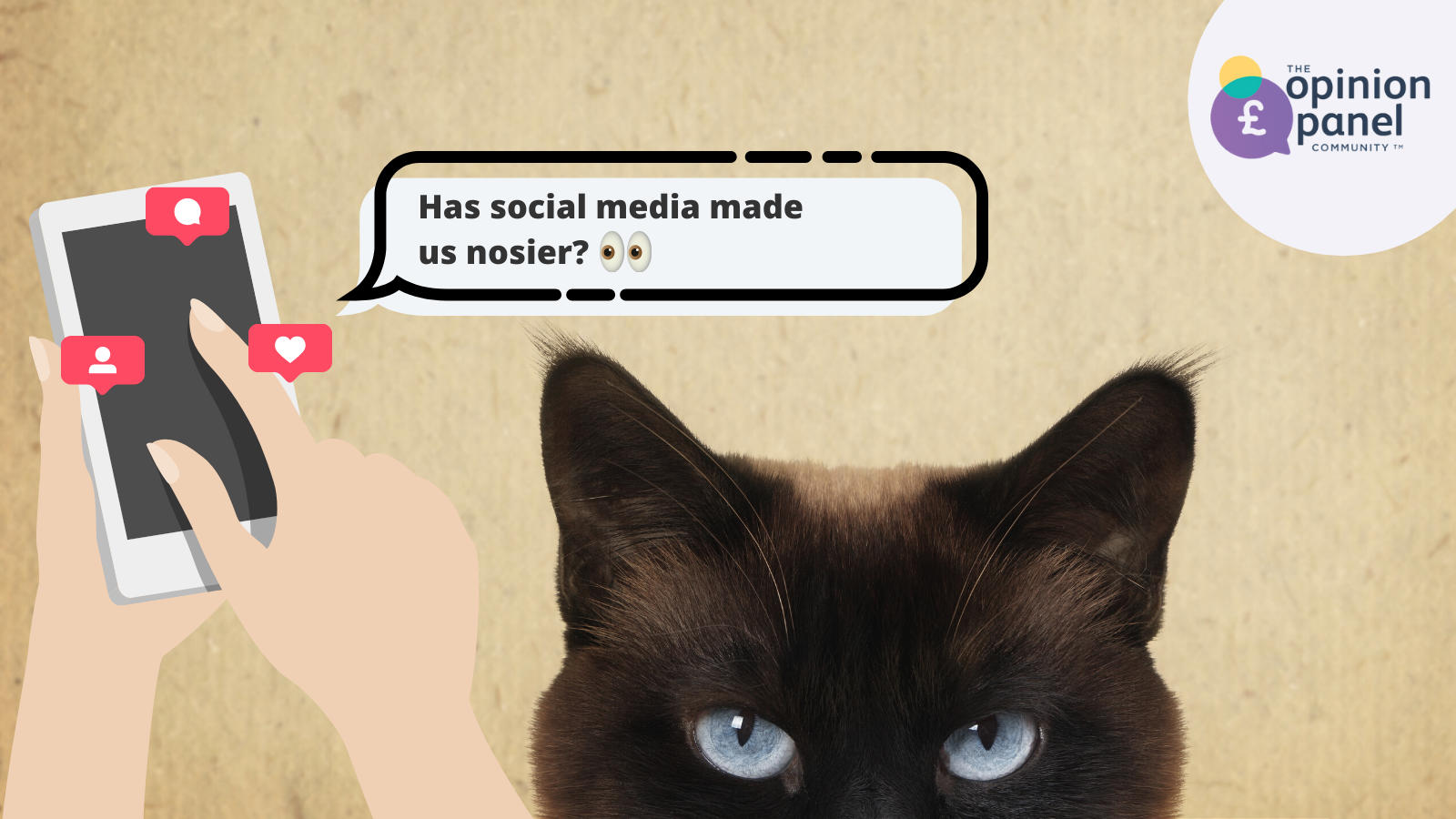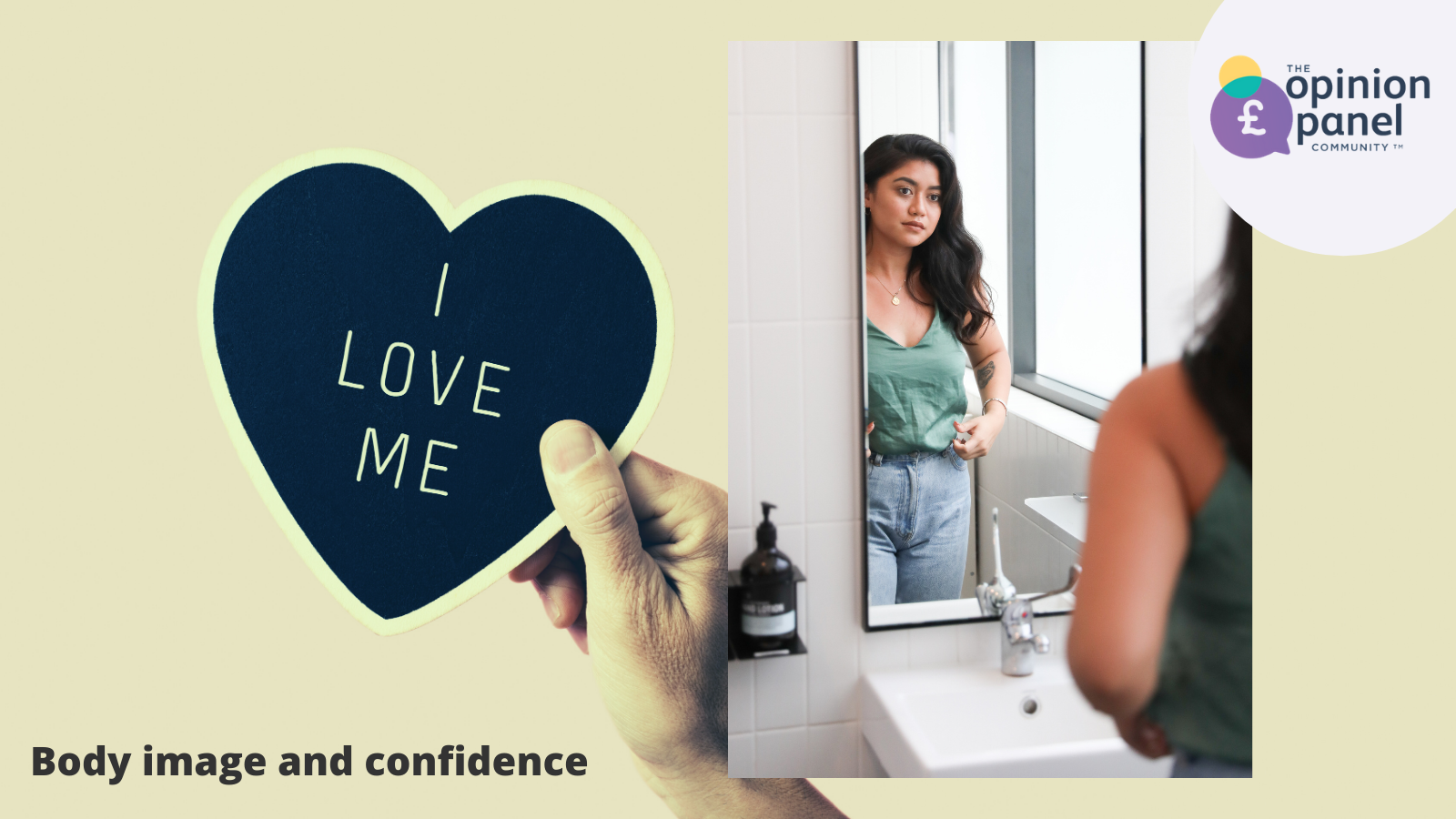
In such a technologically-advanced society, the benefits are palpable, and almost without mention. Instant global communication is a great boon in connecting communities and families around the world. However, said online presence has negatives that often people are, I’ve found, afraid to mention. Criticizing the negative effects of technology appear to be a taboo, as if the monolith of tech will crumble if we appreciate that it is not all that it is cracked up to be.
Case in point, the crisis of self-esteem.
As a teenager myself I have seen a trend of low self-esteem bubble up through the years. I believe this to be caused by technology, and more specifically, social media. There are two main reasons for this, social media’s proxy activities, and the selective nature of posting online.
“The people who spend less than half an hour daily on Facebook have a mean score of 16.7 for self-esteem… people who spend more than 5 hours daily on Facebook have a mean score of 8.25”
A 2017 study
By proxy activities, I must first explain my understanding of self-esteem, or rather, how it is grown. One can gain self-esteem through performing to a high standard in something that they find beneficial or fun. This may involve scoring highly on a test, or reaching a deadlift target in the gym. Without these activities, someone is prone to have less faith in their abilities as a person, and less likely to try new things. They may develop the assumption that they are not good at one area (due to lack of trying) so they will not be good in another area.
Social media allows people to not try in areas, and still reap the benefits of scoring highly, lifting heavy weights etc. Through celebration of others’ achievements…
When you are scrolling through a feed and see that your favourite athlete has broken a personal best, it shows someone at the peak of their career, and causes you to subconsciously associate being good at the sport with being at their level. Meaning, if you try to run 100m and find that your time is in the 30s, you would feel more shame than otherwise. Social media confronts people with figures who are at the peaks of their careers. This causes, I hypothesise, people to want to improve less, and have lower confidence in their present abilities too. When you see the athlete, you see the peak, not the years of work they put in in order to reach that peak.
Every post you see on an Instagram timeline is curated and edited in order to promote something – a brand, a message, or a person.
The selective nature of social media posting applies not only in reaching goals, but in general posts too. The mega-celebrities posting highly-edited photos to their 1m+ fans amounts to a completely false view of how that person lives. Ryan Reynolds will post when he is on a jetski in Bali, but not when he is filing his taxes. His Instagram followers don’t see the 99% of his life that is mundane, and so when they compare his life to theirs, they have no choice but to admit that his life is superior, draining self-esteem through false comparisons. It’s an extreme example, but everyone who posts on social media will do this to an extent. It’s a false view of how they live to garner false support and attention.
During the months of coronavirus lockdown, this will have only exacerbated the problem. Not being able to converse in real life with their friends forces people’s only form of interaction to be on these platforms, further pushing an unrealistic view of how they *could* be living their lives. In other words, get off your phone and start being bad at something. It’s the only way you’ll ever get good at it.
If you enjoyed reading this article, you may also like:
Click here if you’d like to know more about sending your article through to us to be published. Remember, if your article is the most popular of the month, you’ll win £50!









Be the first to respond